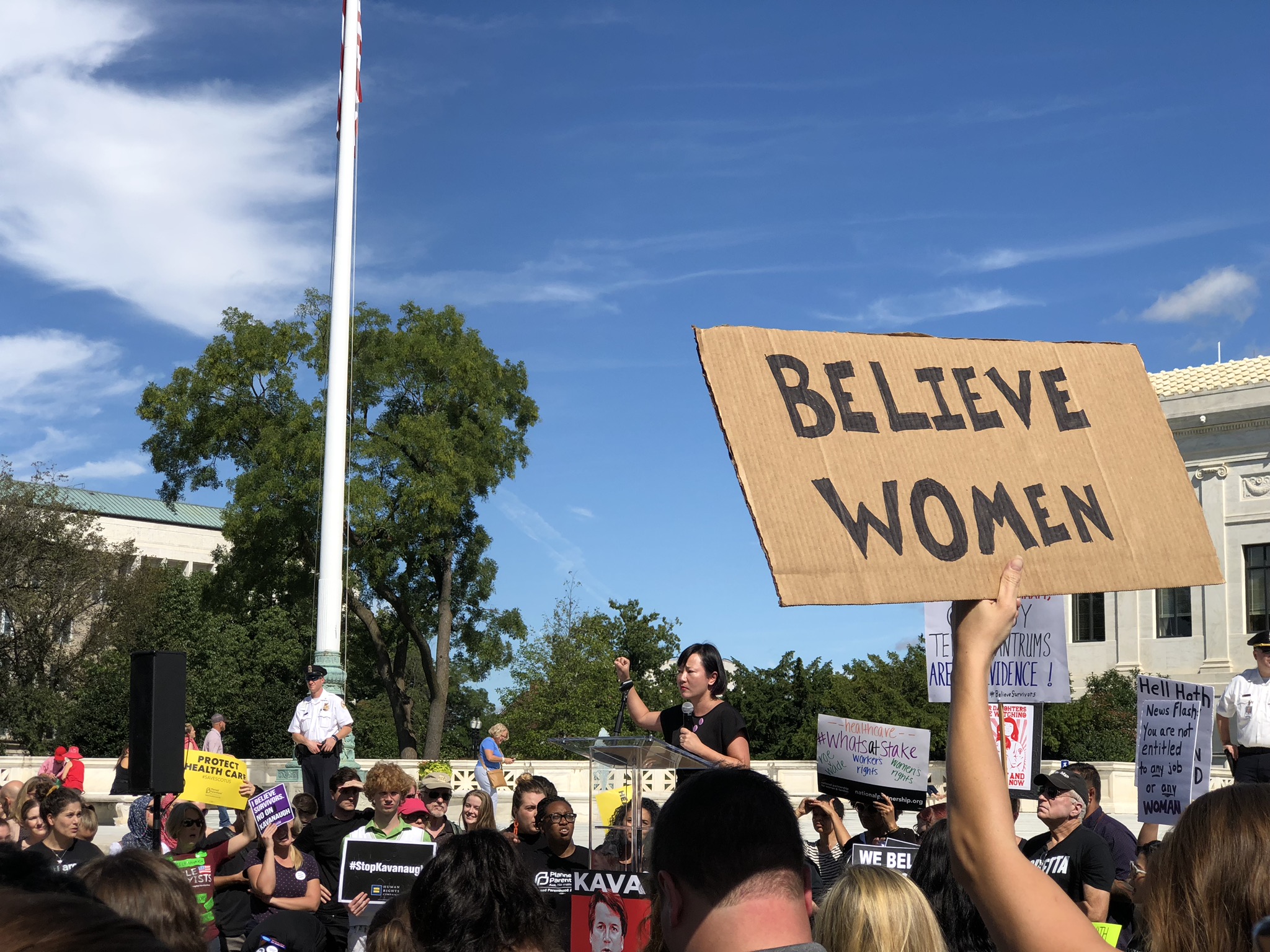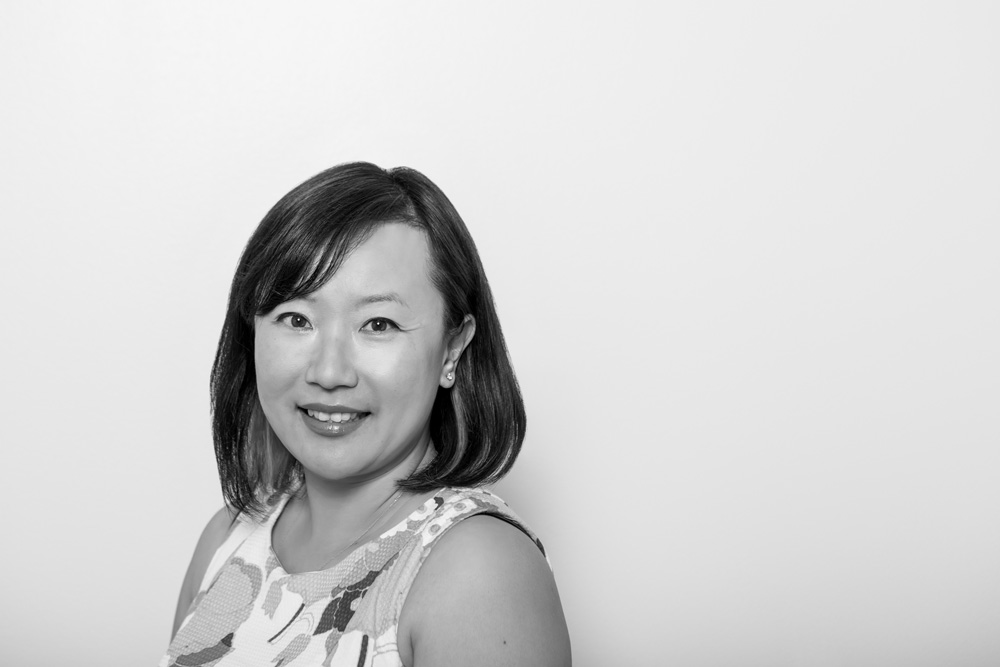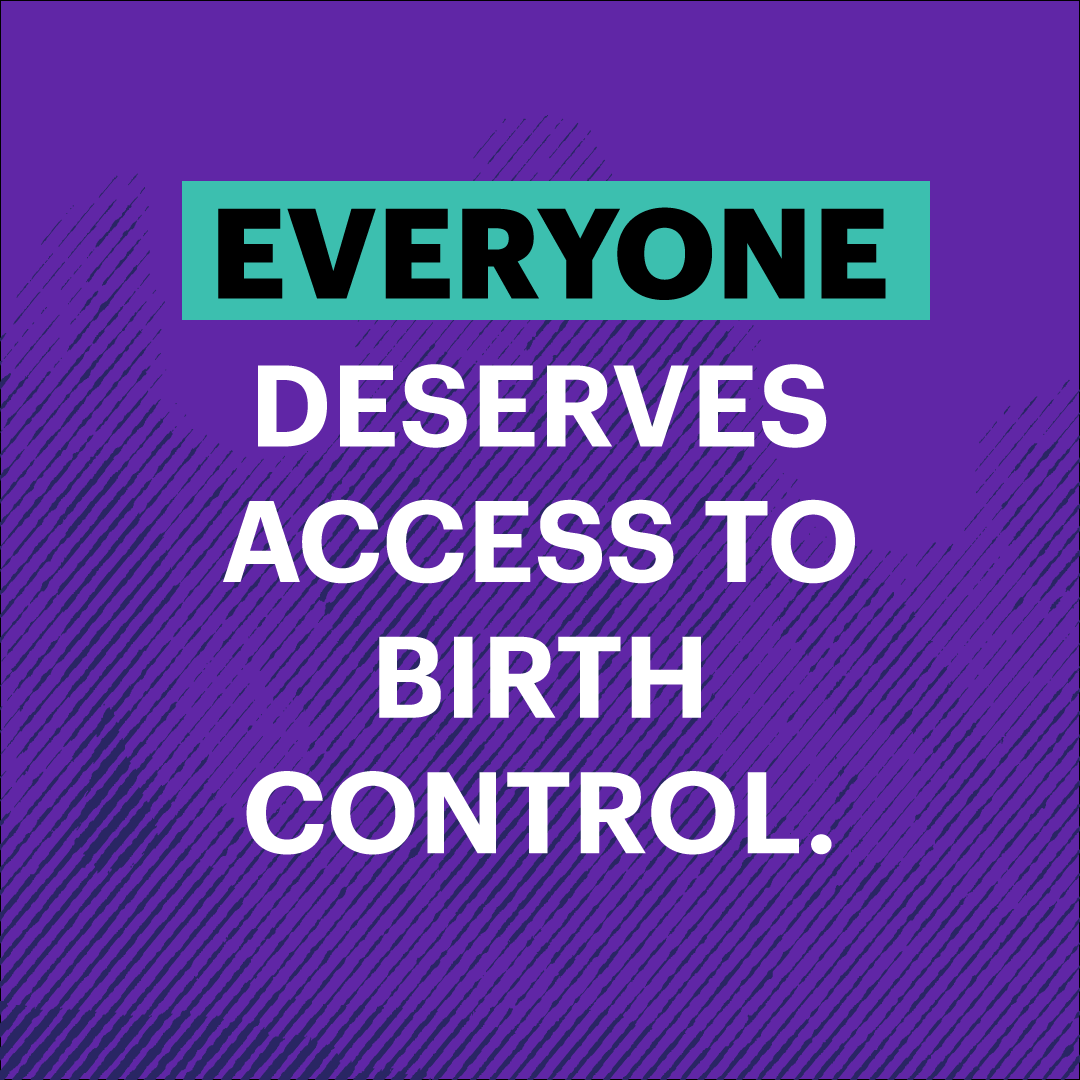Abortion rights, women of color, and LGBTQI+ people are under attack. Pledge to join us in fighting for gender justice.
Owning My Leadership


Navigating leadership as a Chinese American woman can be an isolating experience, an island unto oneself.
With my dual identities as a Chinese woman growing up in America, fitting in has always been a challenge. I don’t fit into the Asian American Native Hawaiian Pacific Islander community’s expectations for women. Traditionally, AANHPI women are expected to be quiet, graceful, and patient, never seeking the limelight. I am none of those things.
My Cantonese family is loud and brash, with little concept of boundaries. No topic of conversation was off the table. Instead, everything was to be shouted over during dim sum at crowded restaurants. How has your uterus been since you gave birth? You have gained a few pounds around your stomach and you should eat less. How much money does the new job pay? It’s no small wonder that I am neither quiet or graceful or that I struggled growing up to figure out what were appropriate topics of conversation in Western society.
My family’s sexism also gave me ambition, drive, and an unwillingness to be patient. One of my earliest memories is as a five-year-old eavesdropping on my mother’s phone calls with relatives lamenting about how sad and disappointing it was that I was not a boy and thus could not achieve great things and bring honor to the family. These conversations made me furious and I vowed then and there with all my 5-year-old might that I would prove everyone wrong.
NO ONE WOULD EVER DARE SAY THEY WISH I WAS A BOY.
But being loud, brash, and ambitious has at times left me feeling unaccepted even within the larger AANHPI community. I have been told by my family that being a lawyer was not appropriate for women because it would require me to be too combative. Too often I’ve received backhanded comments or questions about my “energy,” about why I sought positions of leadership, and about why I sought credit for my work and how doing the work itself should be satisfaction enough. Certainly, some of what’s made it hard for me to fit in are the behaviors learned from my family, but some are also concessions I’ve made in seeking success in Western society. For example, I learned in the rough and tumble world of the big law firms and of Capitol Hill that if I do not claim credit for my own work, someone else would be ready to do so and that someone else would benefit from it.
At the same time that I stick out in my community, the racism and sexism within Western society are also obstacles to leadership. Though I am loud and brash, I actually have great difficulty in challenging authority (except Trump’s) and in saying clearly what I expect. In many AANHPI cultures, being direct, speaking up to authority in any way, and owning one’s achievements are deemed inappropriate behaviors—they lack grace and humility. But these are considered leadership qualities in Western society. In my life, it means that some of my methods of communication, from posing my expectations as a question or suggestion, “what about this” or maybe we should do that, to my refusal to ever say “my vision,” is confusing for my Western colleagues who expect leadership to look a very specific way.
The model minority myth also obfuscates the diversity within our community and the challenges of newer immigrants, while deeming all of us as simply good worker bees, but never leaders. In my own career, this has reared its head in ways direct and indirect. There was the time when I was passed up for a big promotion for someone else. I had always received outstanding performance reviews and was told I was “so good and needed” at my job and role, but that he was the leader. And I always wonder, what is it that makes coalition partners or colleagues sit straighter when my white counterparts speak versus when I do?
Living on this island has caused me tremendous self-doubt and anxiety through the years. Should I be speaking up more? Should I be speaking up less? Am I smart enough? Are my ideas good enough? Where on earth do I actually belong?
It’s taken a long time to wade through all of this, but what I finally came to accept is that all these qualities that make me different, that put me on an island, are also the qualities that make me unique. And I have learned that leadership does not have to look one particular way. Sometimes it’s direct and assertive, but sometimes it’s soft and subtle. Sometimes it’s loud, but sometimes it’s quiet. All the times we are coordinating, offering ideas, organizing, writing—we are leading.






